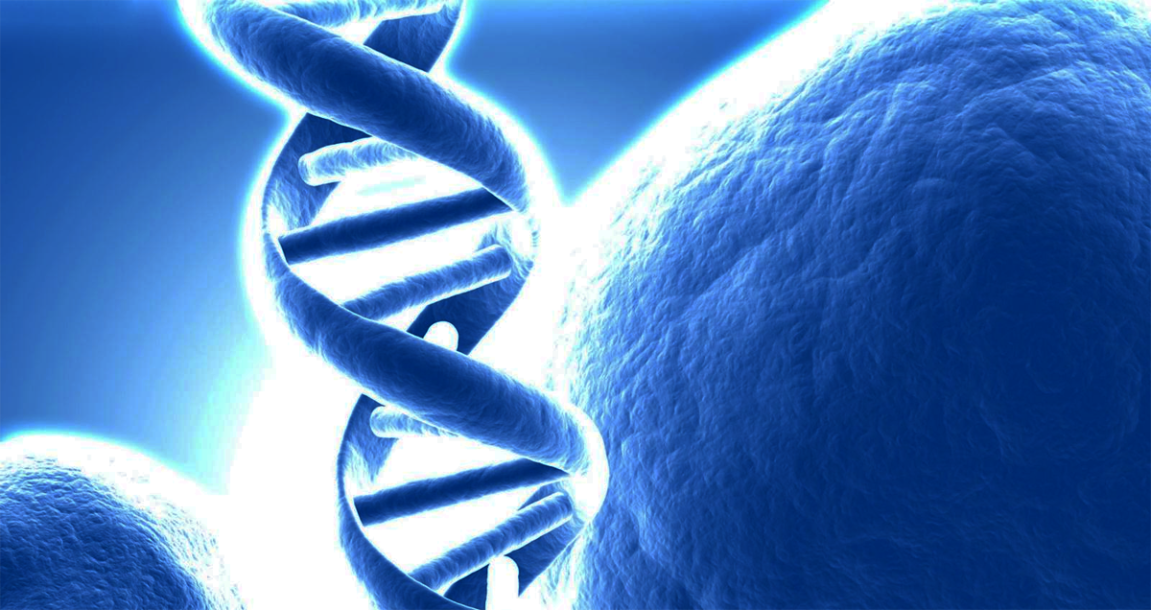
Regardless of whether or not we want to admit it, we have entered the age of gene editing. Notably, this isn’t limited to just plants and non-human animals. We have the ability to remake ourselves.
Thanks to recent developments in the CRISPR genome editing system, we are able to alter DNA with unprecedented precision and accuracy. Ultimately, this revolutionary genome editing technique allows us to modify any region of the genome of any species—without harming other genes. But more than that, we are able to edit these genes at just a fraction of the cost of previous methods.

And in a world where scientific breakthroughs are largely determined by whether or not one is able to get funding for their research, the significance of affordable techniques simply cannot be overstated.
However, “the ability to edit DNA” all sounds a little bit generic. So what does this technique really allow us to do?
In a recent Reddit AMA, Dr. Paul Knoepfler, a recognized stem cell and genetics researcher, discussed the significance of this technique and outlined the number of doors that it opens. He states, “It is totally changing how we scientists genetically modified cells and even organisms. What used to take years and potentially millions of dollars can be done in weeks or months for a few thousand bucks. In my lab, we use CRISPR to do research on stem cells and cancer. Others are doing similar work for a variety of other conditions, while some are making new GMOs in record time…”
Ultimately, the technique could let us cure genetic diseases that have plagued humanity for millennia. And it could allow us to invent new ways to combat other, non-genetic forms of illness—helping us render viruses ineffective and maybe even allowing us to overcome antibiotic resistance altogether.
In fact, it could allow us to bring an end to a host of “pests,” not just viruses. Say goodbye to mosquitoes and, with them, malaria.
Think that these advancements are located in some far-off future? Think that we have a long road of trials and tests before any of these become reality? Think again. Some of these things are already here.

Of course, that said, many of the things that we will likely use this technique for are far more mundane, comparatively. Yes, we could use it to fight cancer and help the blind see, but we could also use it to make lives a littler easier for the creatures that share the planet with us.
Case it point: it could be used to help cattle forgo a painful dehorning process (current methods typically use a hot iron to burn the horns off). We could also increase corn and wheat yields in order to feed our ever growing population.
It could also allow us to create designer babies.
Ultimately, we could get rid of genetic diseases, yes, and do away with things like down’s syndrome and epilepsy, but we could also get rid of brown hair, or skin, or eyes. We could make people healthy, but (and this is key) we could do away with any trait that we see as “undesirable.” We could “otherize” and exclude people as never before.
Knoepfler clarifies the dangers of the slippery-slope that comes with editing human DNA: “In most cases, parents would simply want the best chance for a healthy child. Given human nature, though, a significant (even if minority fraction) would probably given in temptation if the same clinic doing the disease prevention work offered ‘a la carte’ enhancement options. It could start off simply as, ‘we can give you a healthy baby most likely and by the way, would you prefer a boy or girl? Green, blue or brown eyes?’ This could be done via embryo screening rather than modification, or both. What about height? Muscles? Etc.”
Thanks to CRISPR, there is almost no end to the things that we can do.
Watch: Genome Editing with CRISPR-Cas9

But as may be clear by now, being able to access the “source code” of life itself comes with a host of downsides. Yes, CRISPR could allow us to cure diseases and see humanity live to an age that previous generations only dreamed of, but what about the bats that live off of all the mosquitoes that we just killed? What will they eat? And how will the diseases that we attack mutate in the coming decades in response to our genome edits?
These are the “big picture” questions that we have historically failed to take into consideration (think about deforestation, pollution, and the current mass extinction event—all driven by our irresponsible, shortsighted land use). But when rewriting the DNA of other organisms, failing to consider the ramifications of our actions could to lead to devastation the likes of which our world has never seen.
We could destroy our environment and wipe out species at an unprecedented rate. We could mass produce bioweapons that target specific species and, in so doing, secure the end of our existence.
It is a powerful tool and one that we must use wisely.
CRISPR has become so cheap and easy to use that, very soon, it may be possible for anyone with a little know-how to use it at home to correct (or try to correct) genetic diseases.
Ultimately, what this means for humanity (are for our world) will be determined by the choices and actions that we take over the coming months and years. Let’s hope it is a process that we tackle with the consideration that is due. We have entered into a bold new era – let’s not waste it.